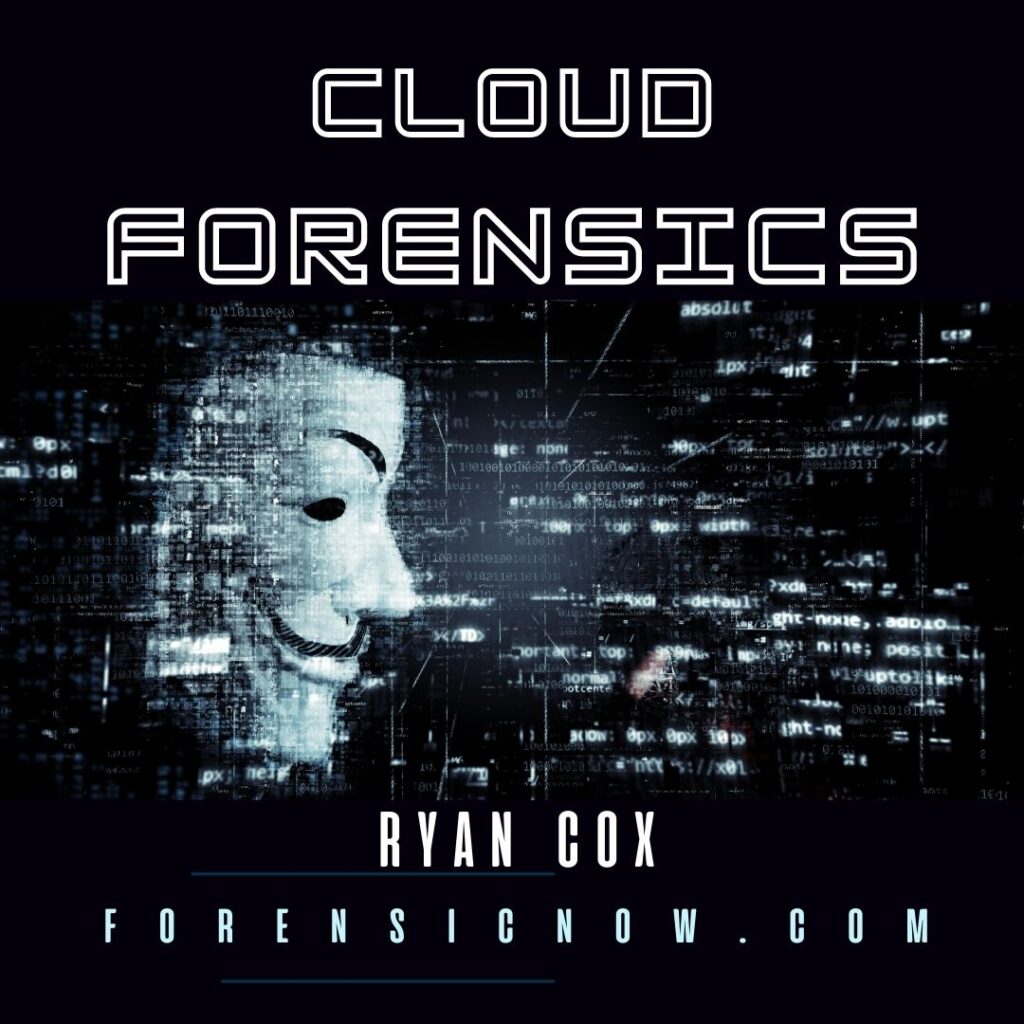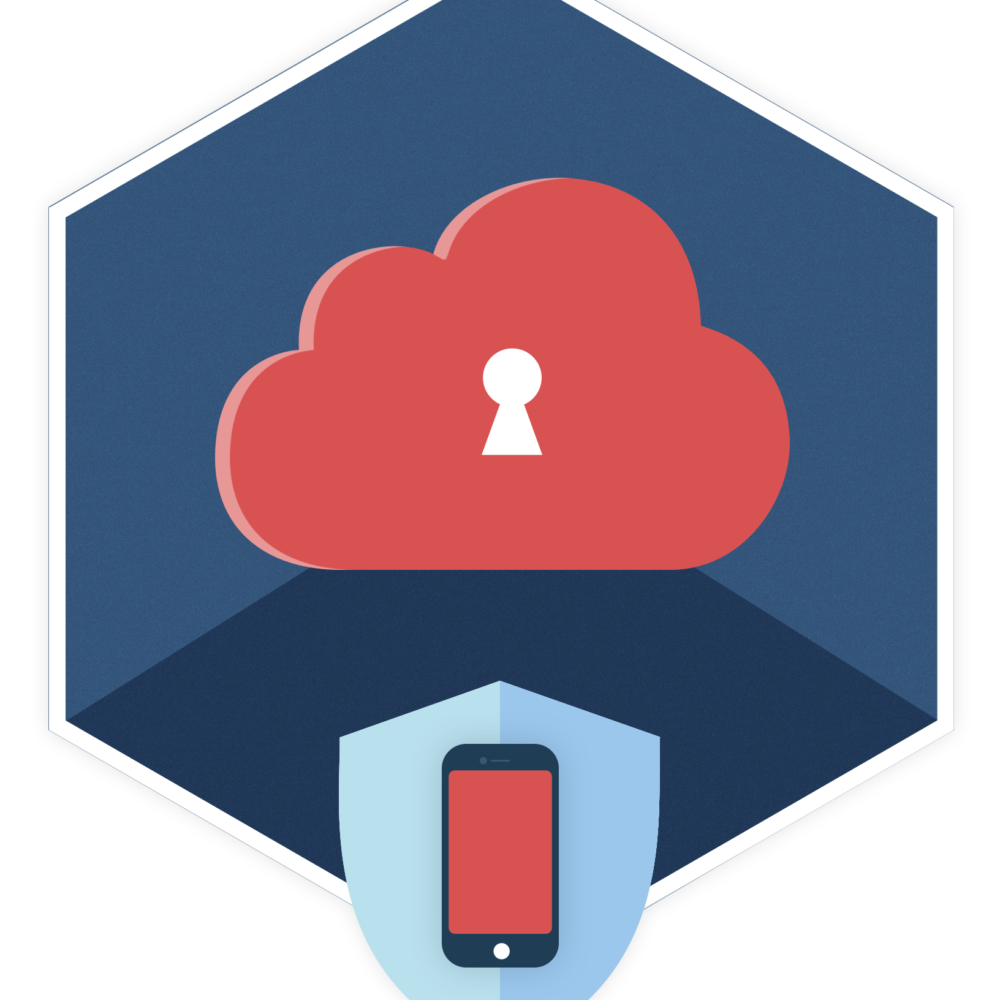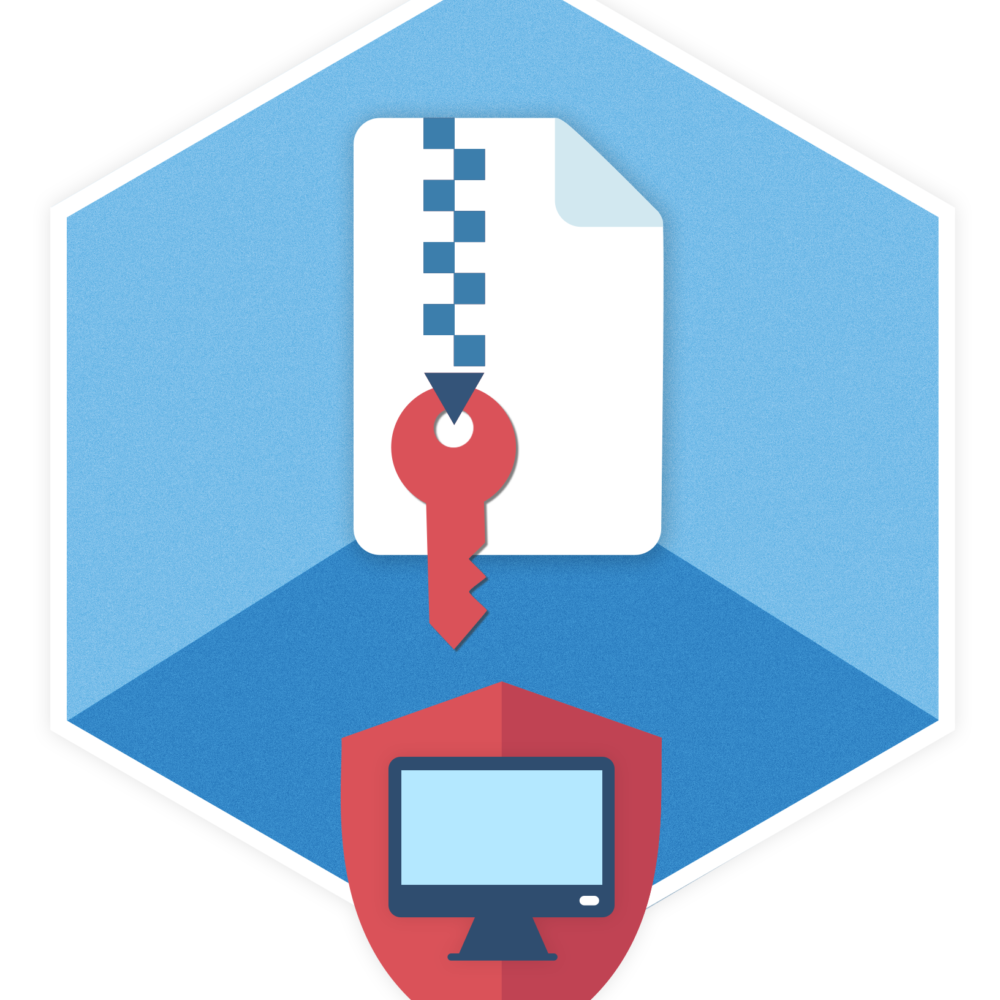
An Introduction to Cloud Forensics

Cloud computing has become an essential part of the modern-day digital landscape. Organizations large and small are turning to the cloud to store their data, take advantage of cloud-based applications, and enhance their business operations. However, cloud computing also introduces new and complex challenges for forensic investigators when it comes to investigating cybercrime.
When investigating a cybercrime case involving cloud computing, investigators must consider several unique challenges associated with the cloud. Understanding and adapting to these challenges is essential for a forensic investigator to conduct a thorough investigation.
The first challenge in cloud forensics is the dynamic and distributed nature of cloud data. The data is often spread across different servers and locations making it difficult for an investigator to track and preserve the complete set of necessary digital evidence. This is where Cloud Forensic Readiness (CFR) comes in. CFR aims to prepare an organization’s cloud environment adequately for forensics by outlining policies and procedures to enable digital forensic analysts to work effectively in their cloud system.
Another challenge is identifying the entities responsible for the cloud environment. With cloud computing, the organization itself may not be in control of the hardware or software infrastructures, which are managed by third-party providers. As such, it is essential for forensic investigators to understand the concepts of cloud computing and be familiar with the infrastructure providers.
Finally, the complexity of cloud computing systems, the uniqueness of data storage, and data handling practices make data acquisition a complex process. The additional challenges of chain-of-custody, data preservation, and data analysis in cloud forensics require additional knowledge and experience for best practices.
In conclusion, cloud forensics is a significant challenge in cybersecurity investigations. Investigators must stay up to date on best practices, be knowledgeable about the underlying technologies, and leverage technologies created by cloud service providers to enable Cloud Forensic Readiness.



